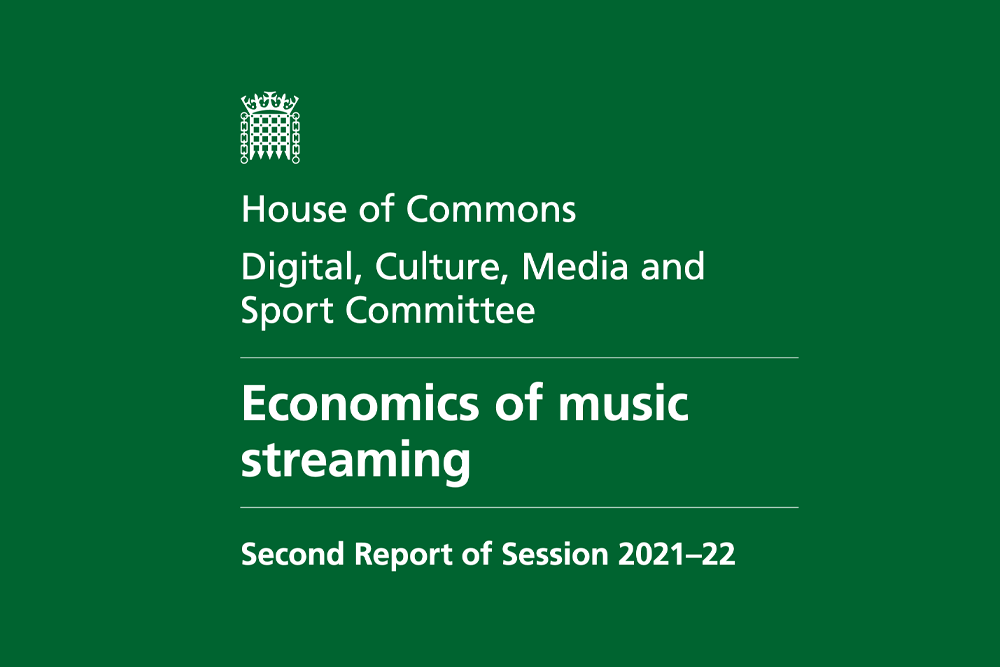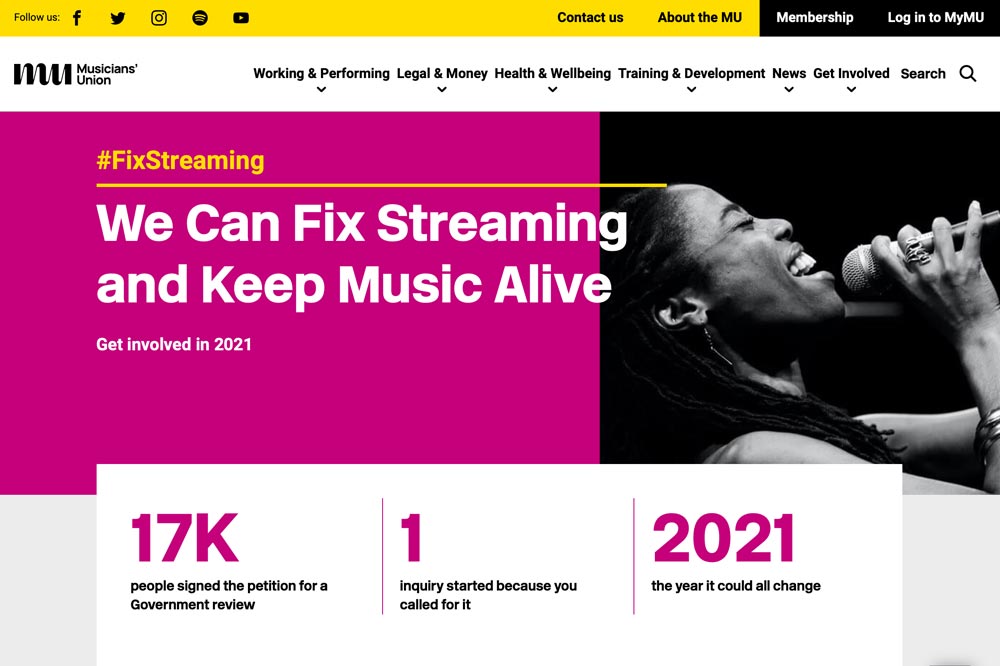One thing on which songwriters and music streaming platforms generally agree is that the more people that hear a song, the better. For the music creator, this certainly builds awareness of their work but as “exposure doesn’t pay the bills”, the sentiment always goes in tandem with the need to be paid fairly.
This week, the legendary R&B singer/songwriter Anita Baker, challenged this opening assumption and was reported asking fans of her music to stop streaming it on Spotify.
After 30 years in the industry, Ms Baker said in a series of tweets that she has “outlived” her artist contracts and is now fighting to get control of her sound recordings. This battle encouraged Ms Baker to share her position on a broader range of fairness issues facing creators in the music industry.
Let’s not advertise Spotify streaming, which is a publicly traded company with a $50 million valuation … but doesn’t pay Artists/Creators what they’re worth” – Anita Baker
Baker also spoke about the inferior quality of her streamed recordings which are missing original instrumentation, have been reprocessed from non-original masters or are being played at a faster speed than intended. “Fans deserve better,” said Ms Baker.
This discussion highlights two important components of authors’ rights. Firstly, via the granting of economic rights, creators should receive fair remuneration when a work is exploited commercially. The second element concerns moral rights where the creator can also choose how and where their work is used.
There’s more on this together with excerpts of Ms Baker’s comments over at www.blackenterprise.com.
(Photo:MC2 Erica R. Gardner, USN, Public domain, via Wikimedia Commons)



